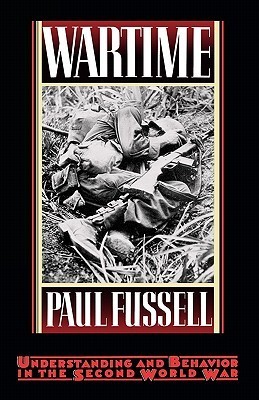What do you think?
Rate this book


352 pages, Paperback
First published January 1, 1989
War—especially the two “great” wars of the 20th century—had to be sanitized, justified, even glorified, for public consumption. But Mr Fussell made a public career out of refusing to disguise it or elevate it.